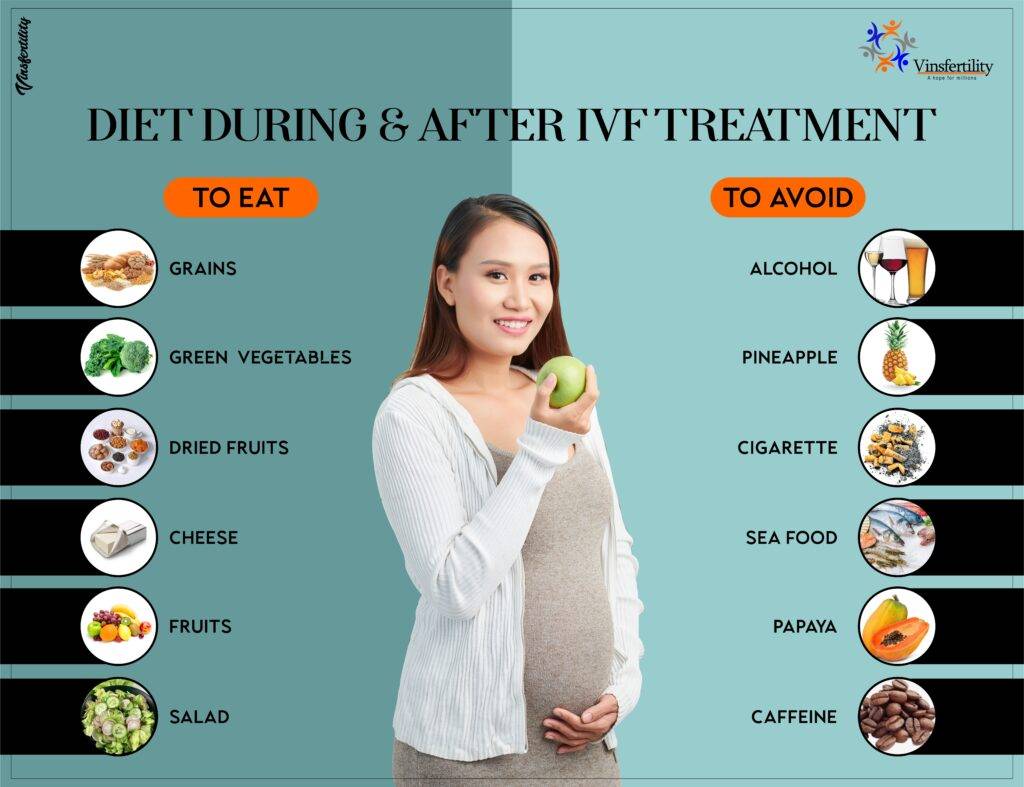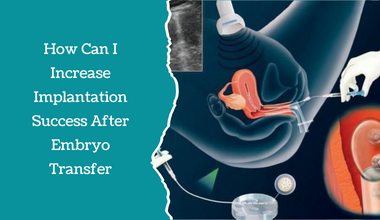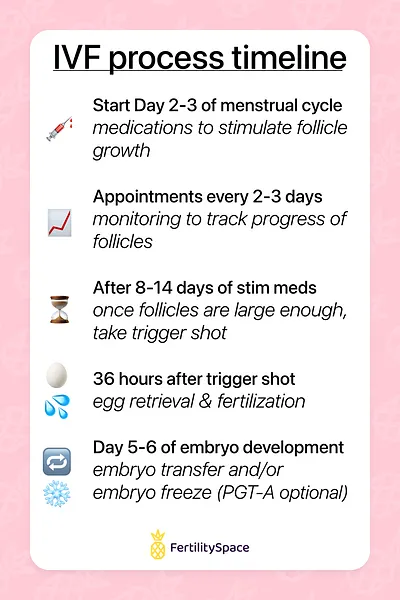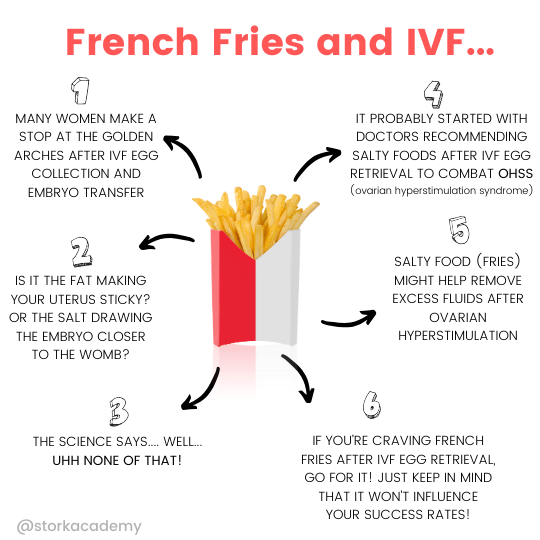Smart Tips About How To Help Implantation After Ivf

What should you do after your ivf transfer?
How to help implantation after ivf. Choosing foods to improve implantation 1 eat a balanced diet with lean protein, fresh produce, and whole grains. You don’t need to eat a special diet to improve your chances. I purchased the following for myself:
Stick to the same nutritionally balanced diet you were prescribed by your doctor when you started the ivf process. Fertility medication prepares for implantation, but a healthy diet can support the process. Additionally, we suggest weekly acupuncture treatments.
This should include a diet rich in proteins, fibre and vitamins. Walking is encouraged, as it helps to improve blood flow and circulation. Ideally, you’ll want to eat a variety of fruits and vegetables, as well as foods rich in calcium, protein, b vitamins, and iron.
Avoid intercourse, heavy lifting and activities that may cause trauma to the pelvis for at least a week. Start a prenatal vitamin in the 30 days (or even several. Gynaecologist, specialist in reproductive medicine ginemed.
Due to egg embedment, the walls of the uterus bleed and lead to implantation bleeding. Acupuncture increases oxygen flow around the body and many different studies have been conducted in order to conclude why this has such a great effect on ivf treatment. Learn about 10 signs of implantation.
Very hot baths, saunas and steam rooms, or any activities which significantly raise your core temperature are not. In a study published in the journal obstetrics and gynecology, women undergoing ivf and who exercised 4 or more hours per week were twice as likely to have implantation. Supplements to take during ivf there are a few natural supplements you can take to help support a new pregnancy.
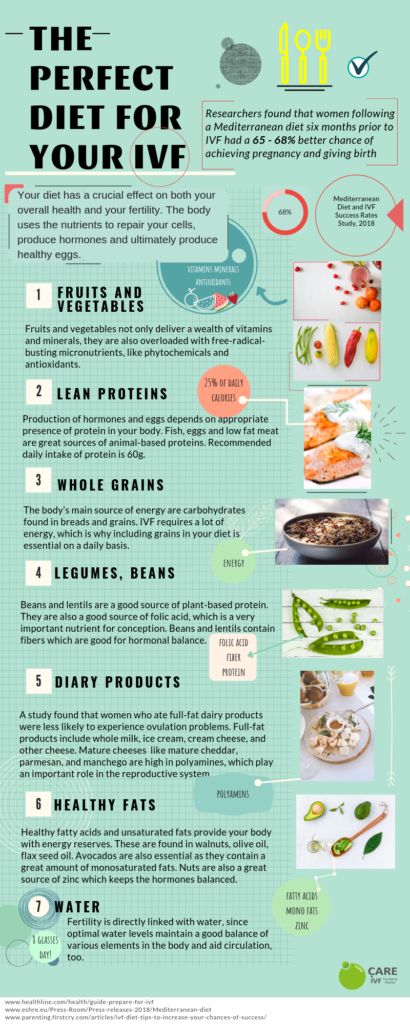

:max_bytes(150000):strip_icc()/ivf-and-the-two-week-wait-1960205_color-5b47a9f6c9e77c0037f4ad9d.png)

